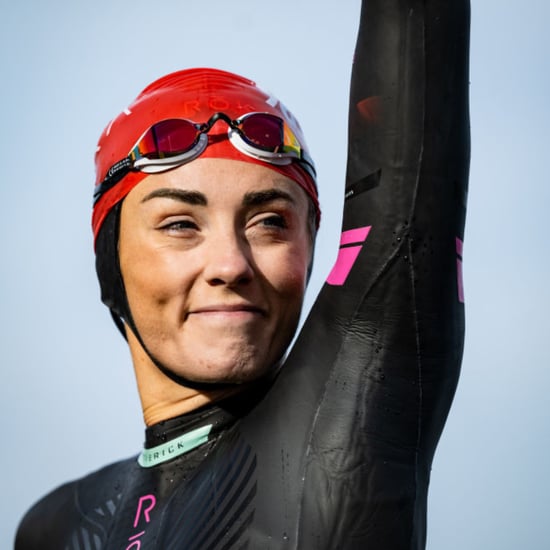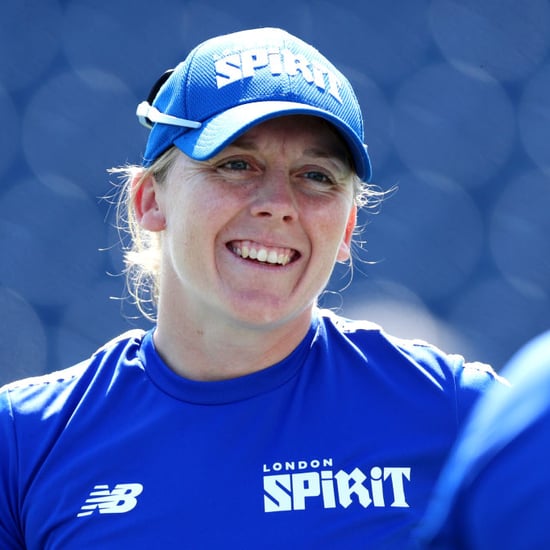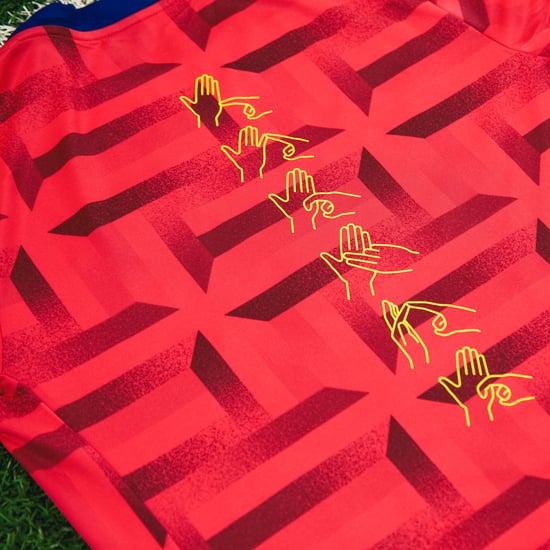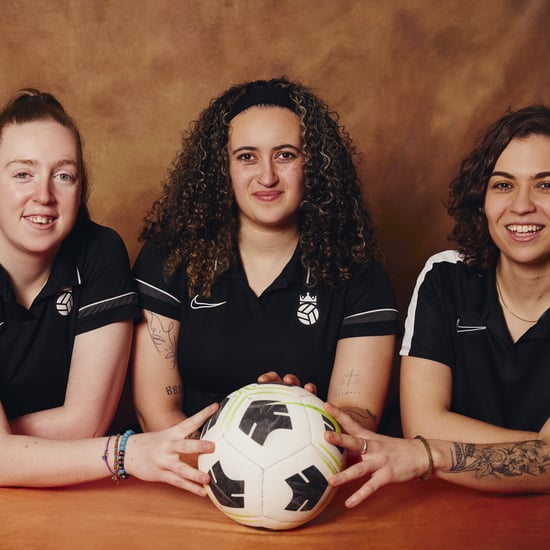The Kamila Valieva Verdict Condones the Abuse of Athletes
Allowing Kamila Valieva to Compete Condones the Abuse of Young Athletes
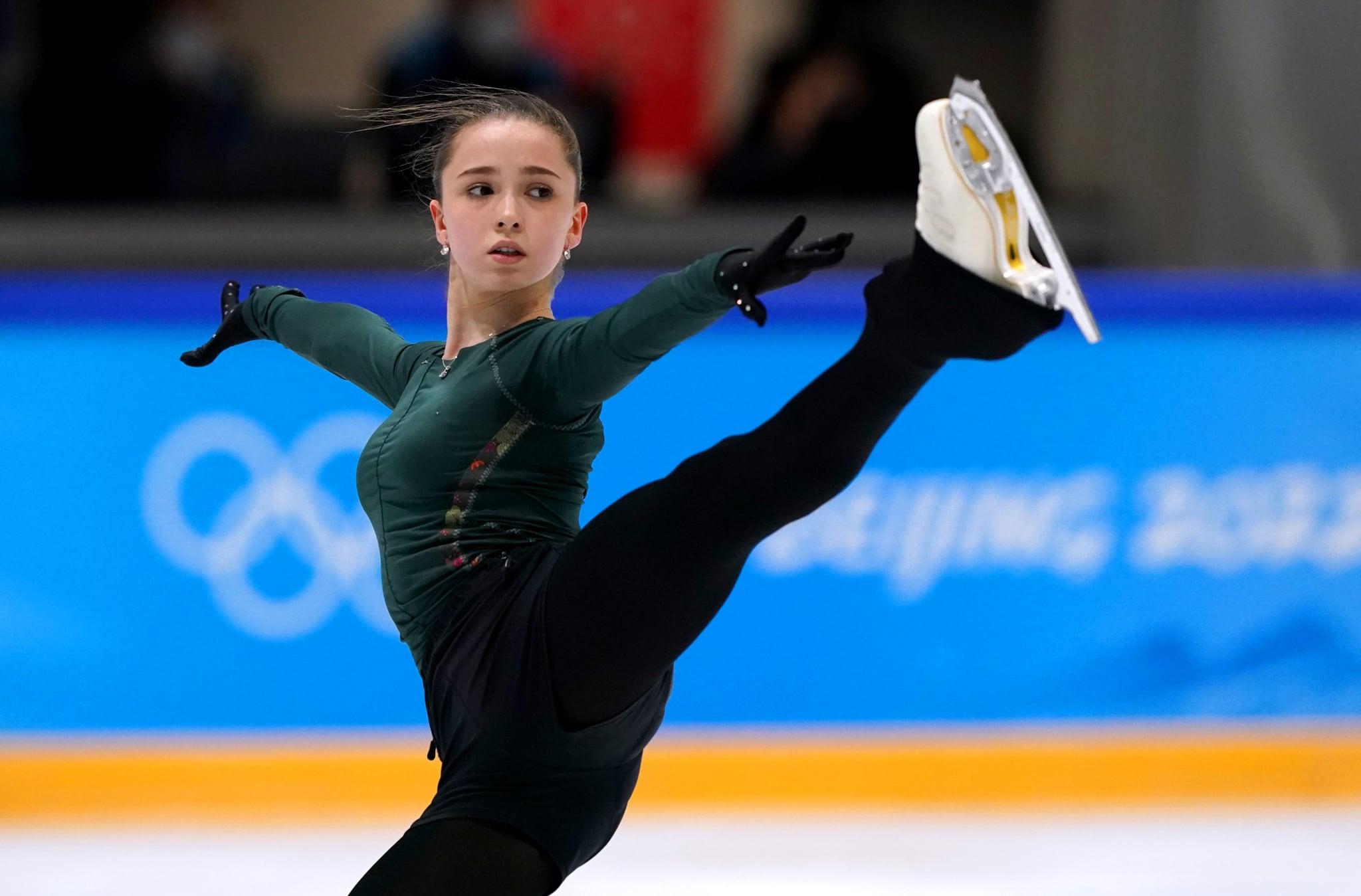
For people who tune in to figure skating every four years, the scandal surrounding Russian skater Kamila Valieva may be shocking. For longtime fans of the sport, though, it feels like an inevitability.
Just days after the 15-year-old skater became the first woman to land a quad jump at the Olympics, reports emerged that Valieva had tested positive for trimetazidine, a drug typically used to treat heart conditions that's been banned by the World Anti-Doping Association because it may improve an athlete's endurance. After an emergency hearing by the Court of Arbitration For Sport, Valieva was permitted to remain at the Olympics and compete in the women's individual event, with the full case to be heard and decided at a later date. In the meantime, no medals will be awarded in the team event — in which Valieva and her Russian Olympic Committee (ROC) teammates finished first — or in the women's competition should Valieva make it onto the podium.
The decision to allow Valieva to compete, even after her positive test was revealed, casts a pall over this Olympics and the sport as a whole. Valieva is one of several students of Russian coach Eteri Tutberidze, whose coaching methods have been surrounded by controversy and allegations of abuse for many years. Even so, she has turned out champion after champion, and she's been praised for that. In 2020, the International Skating Union even named Tutberidze best coach of the year.
To be clear, the doping scandal is not a failure on the part of athletes like Valieva. It's a failure of the people and systems around them. It's impossible to separate this scandal from the larger culture of abuse that's been alleged for some time, particularly within Tutberidze's camp, where athletes have reportedly been trained to the point of injury and pushed to the brink of eating disorders. In deciding to allow Valieva to compete, these governing bodies aren't just marring the Olympic experience for all the other skaters. They're also enabling a culture that actively harms athletes.
It's impossible to separate this scandal from the larger culture of abuse that's been alleged for some time, particularly within [Russian coach Eteri] Tutberidze's camp.
In recent years, the women's discipline has become infamous for a succession of very young (and usually physically tiny) skaters who burst onto the scene, break records, then are replaced by new phenoms within a year or two. Many of these athletes have trained under Tutberidze, their short careers the result of the training techniques deployed to achieve those near-impossible jumps.
Watch closely when these skaters jump their quads, and you'll often see them sharply twist their bodies, sometimes as much as a full half-rotation, before takeoff. This technique, known as "prerotation," isn't just something that should (but often doesn't) receive lower scores. It also puts extra stress on the body. Combine that with an emphasis on low bodyweight and hours and hours of practice a day, and it's a recipe for burnout. At Tutberidze's academy in Russia, where a history of state-sponsored doping suggests officials will win at any cost, young skaters have quickly been injured and just as swiftly replaced.
Yulia Lipnitskaya, one of the breakout stars at the 2014 Winter Olympics in Sochi, struggled with injuries before retiring in 2017, when she revealed that she had battled anorexia for years. Other reports at the time, including one from Al Jazeera, resurfaced an interview from years before, in which Tutberidze talked about keeping Lipnitskaya on a diet of "powdered nutrients."
Alina Zagitova, the 2018 Olympic gold medalist, told Russian Glamour that she and her teammates weren't even allowed to drink water. "We just rinsed our mouths and spit it all out," she said, according to a translation from Deadspin. In 2019, just prior to her exit from competition, Zagitova told the Olympics website that she'd need to lose weight if she wanted to safely attempt quads.
Evgenia Medvedeva, the 2018 Olympic silver medalist and Zagitova's former training mate, has nursed a chronic back injury and can reportedly only turn in one direction without pain. Kazakhstan's Elizabet Tursynbaeva — the first woman ever to land a quad at the senior level, who also trained under Tutberidze — similarly retired in 2021 due to a severe back injury.
This is by no means an exhaustive list of skaters whose careers ended under questionable circumstances, nor should it be taken to mean that only skaters in Tutberidze's program suffer from eating disorders or abusive training methods. After all, American Olympian Gracie Gold has been vocal about her struggles with eating disorders and depression. According to a report in The New York Times, it was a coach's comment about Gold's weight that first caused her to restrict calories, and it wasn't a coach, official, or any other adult who first raised the alarm about her struggles — it was longtime competitor Ashley Wagner. The skating world has always been obsessed with image, so why does anyone pretend to be shocked when this is the result?
The only truly shocking thing, at this point, is the lengths to which the sport is willing to go to pretend it doesn't have a problem. Federations talk a big game about prioritising athlete well-being, then have a diet app as a major sponsor for their competitions. Organisations claim to be concerned with clean sport, then find ways to avoid punishing its biggest stars when they test positive for banned substances. In contrast to Valieva, American pairs skater Jessica Calalang was barred from competition for half of the pre-Olympic season after testing positive for a banned substance, only to discover eight months later that the culprit was a common preservative in her cosmetics. There was no "compete now and we'll figure out the rest later" like there is now for Valieva.
It sure feels like the decision to let Valieva compete is enabling abuse of young athletes like her, not protecting them.
Valieva's case is being handled differently partly because of her age. At 15, she's considered a "protected person" under international antidoping code, which means that, in theory, she should receive lighter penalties and her support staff should be looked at more harshly. In practice, though, it sure feels like the decision to let Valieva compete is enabling abuse of young athletes like her, not protecting them. It's easy to see how bad actors could look at this decision and conclude that they can abuse and drug underage athletes, then exploit age-limit loopholes if and when they get caught, all while putting these teenagers at risk for long-term mental and physical health problems. With all the recent conversations about athlete health, shouldn't sports be taking steps to prevent that?
Perhaps the saddest part of this entire case is that it finally offered an opportunity for figure skating, as a sport, to stand up against an increasingly dangerous culture. Instead, it kicked the door wide open for even more mistreatment of the youngest athletes, in the process making the sport increasingly inhospitable for everyone.

